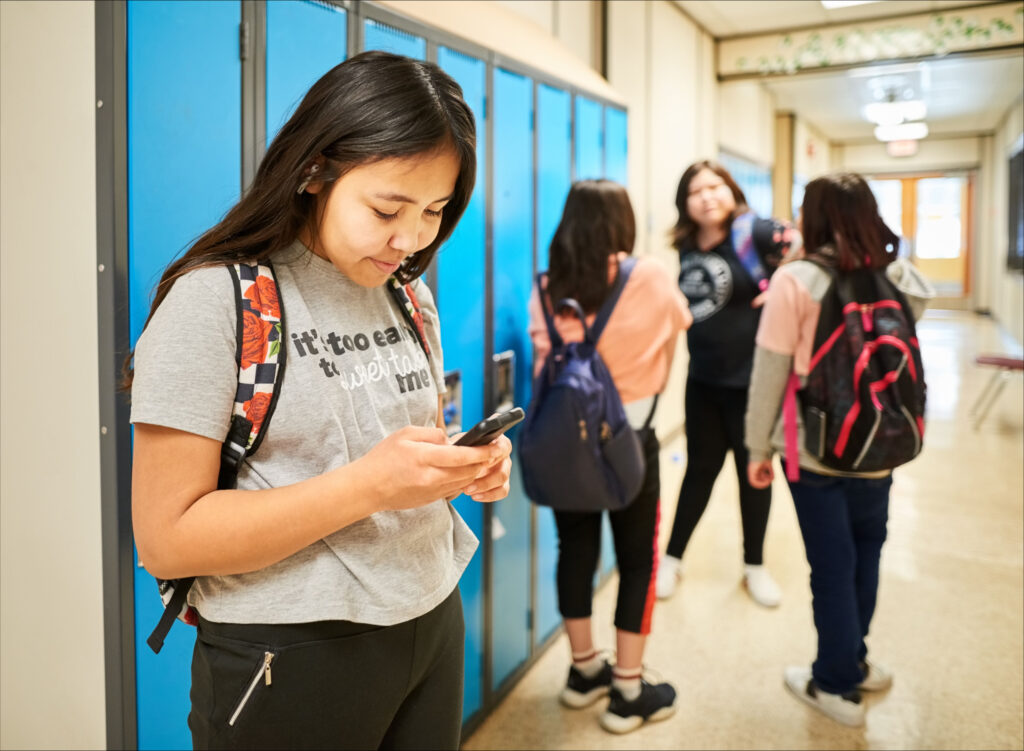By Deborah Tobacco, Oglala Lakota, Tribal Youth Programs TA Specialist, Tribal Youth Resource Center

In cultures and societies where kinship is the foundation, children and youth have many opportunities to connect to mature adults. Studies show that the optimal environment for parenting is within a family structure that includes close knit groups of people that are able to maintain connection with each other throughout the day in a supportive role. Ideally a child or youth is naturally connected to their parent(s) and/or other care givers who can tend to them daily in all aspects of their being (mental, emotional, spiritual, and physical). In today’s society many parents and other caregivers work outside the home in order to provide for basic needs (home, utilities, and food). Therefore, it often takes time away from nurturing their children and youth to the fullest extent possible.
When children and youth do not have healthy, nurturing connections, they might reach out to others in an attempt to create a sense of belonging and acceptance. A child’s brain is naturally driven to connect, and may seek out peer groups, social media sites, chat rooms, and online gaming which can increase their sense of connectedness. Having a sense of belonging is an important aspect of emotional development. However, unhealthy and/or unsafe connections when seeking connectedness and belonging can subject youth to harm, including cyberbullies, sexual predators and scammers. Parents and caregivers are faced with the challenge of knowing who their children and youth are connecting with and how safe those connections are.
Cultural connectedness can be a strength in establishing and maintaining healthy connections for Native youth. Activities that build on cultural lifeways, such as creating a family tree, and honoring the relationship with the star nation relatives on the Winter Solstice or Spring Equinox, for example, can reinforce cultural identity and pride. Having a healthy relationship with a supportive adult besides a parent/caregiver has shown to contribute to a sense of acceptance and connectedness. One activity to promote social connectedness is for communities to create safe spaces for youth to network and build healthy relationships. As you move forward with connecting with youth, whether it’s your own child/youth or someone in your program, the following are suggested questions for reflection:
1. How can I sensitively encourage children/youth to consider whether a connection is healthy or unhealthy?
2. What can families and communities do to foster opportunities for healthy connections for children/youth?
Hill D. L. (2006). Sense of belonging as connectedness, American Indian worldview, and mental health. Archives of psychiatric nursing, 20(5), 210–216. https://doi.org/10.1016/j.apnu.2006.04.003